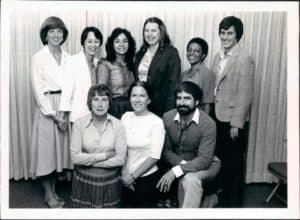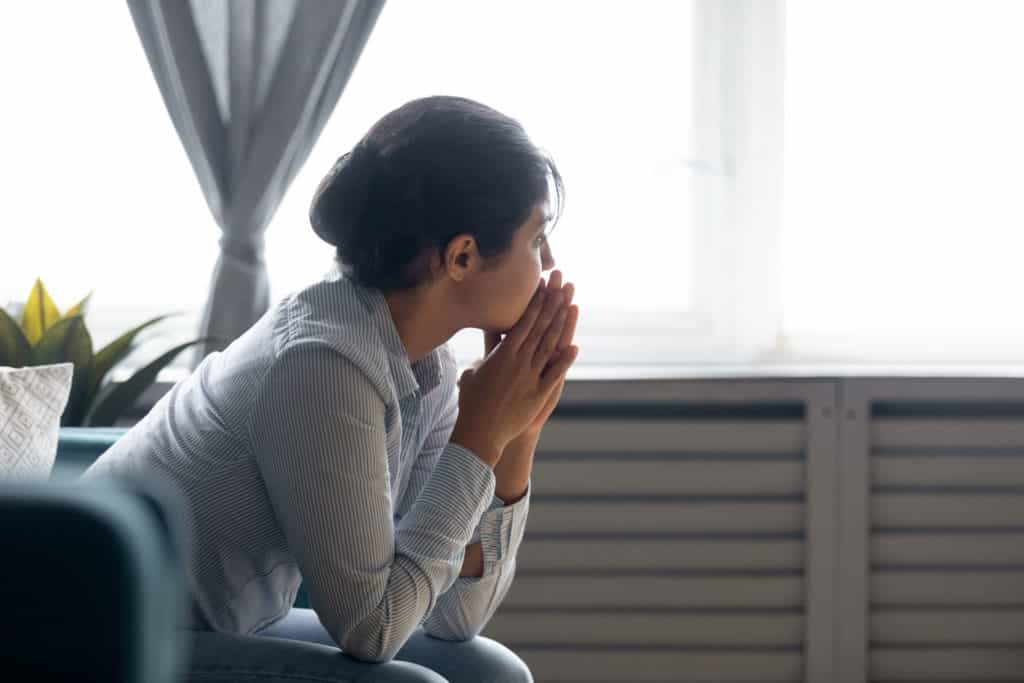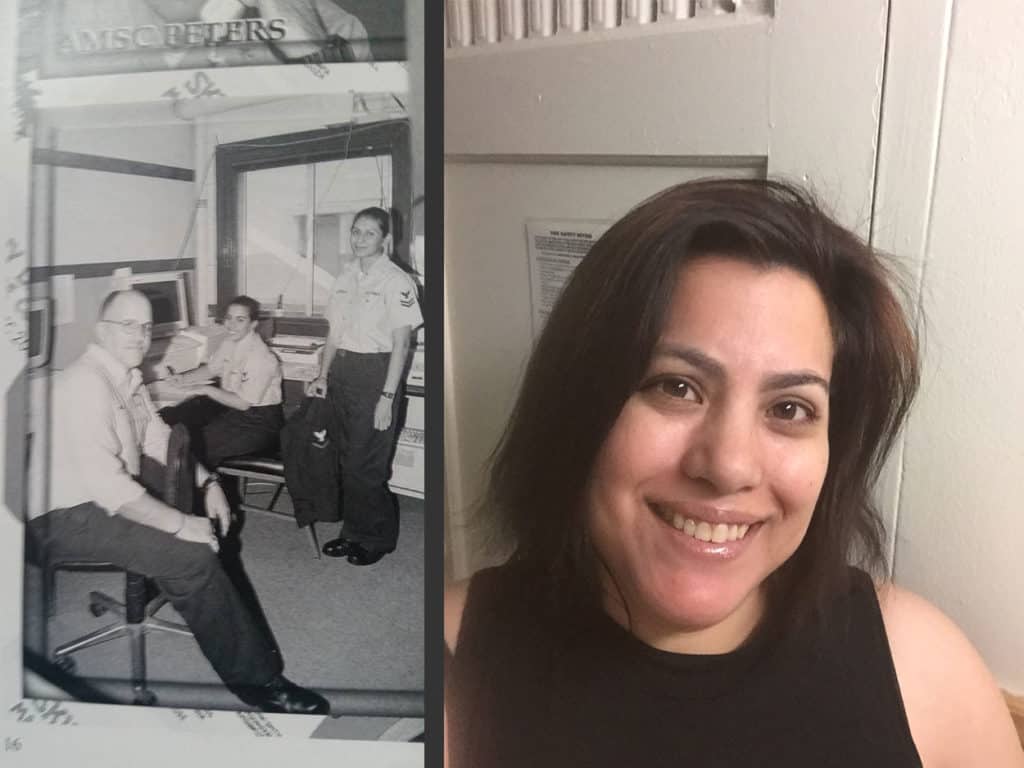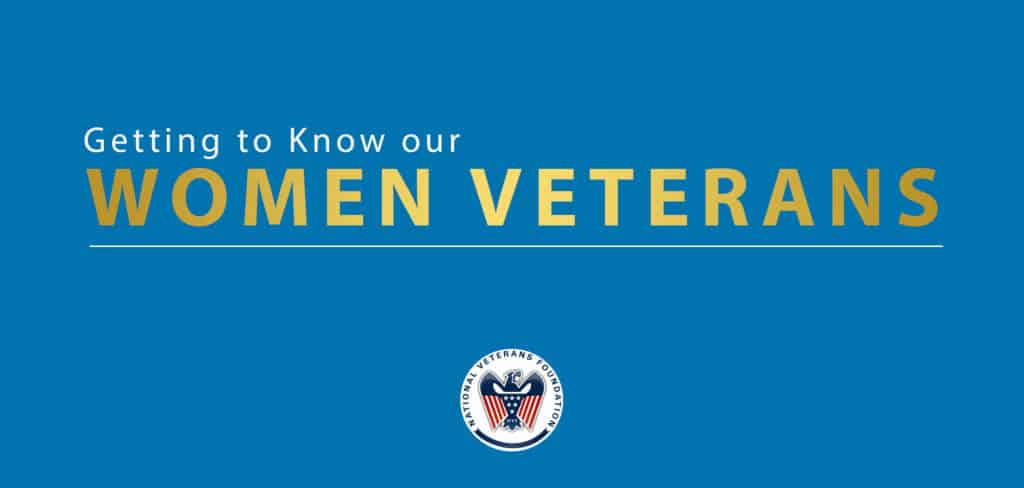Support for Women Veterans: How Long Has This Been Going On?

National Advisory Women Veteran Committee 1980
Back in the Way Back When, as we were setting up the Vet Center program, we put together focus groups to help address issues specific to various groups of vets: women, African American, Hispanic, Asian, Native American, physically disabled, etc. That was in 1980, when this photo of the National Advisory Women Veteran Committee was taken. All of these women served in Vietnam as nurses at MASH Hospitals, and a couple of them went on to become Team Leaders at Vet Centers in California.
I wanted you to see this so you’d know that we’ve been trying to address the needs of our women veterans for a long time. Initially, the thinking was that since women served in “safe” zones, not combat, they weren’t really war vets. We know now that’s not the case. Being exposed to wounded and dying people can also result in PTSD. Not to mention being stationed on bases that come under mortar attack.
Now we’re watching the first women to serve in combat come home to us, and you know, in all this time we haven’t found a truly effective way to help women access their health benefits and the resources they need.
By September of 2015, women comprised 15.3 percent of them have served in combat or been exposed to dead, dying or wounded, so PTSD is common. Forty percent of military women have experienced MST (Military Sexual Trauma) while 67 percent have experienced sexual harassment. And these figures don’t include unreported cases. Multiple studies show that PTSD from Military Sexual Trauma (MST) is twice as severe as combat PTSD. Women who have experienced MST as well as combat are particularly affected.
Recently, I contacted a former work/study student, Steve Reeves. Steve worked as my assistant and continued to work with management of the vet centers. He is now the Director of the Western Region. He was excited as he told me how the Vet Centers are responding to women veterans’ specific needs. The spotlight on MST (Military Sexual Trauma) is surely a catalyst for this. Although it’s been the case in general that the Vet Centers have been more flexible and adaptable. Now we’re seeing them leave behind the male-centric culture of the VA. That male-centric culture raises a barrier for many of our women veterans.
I’m reminded of the years I spent counseling vets before PTSD was a recognized diagnosis. In those years, we had to learn how Vietnam vets were different from WWII and Korean War vets. Now we have to focus on how women veterans are different. That’s what Steve and the Vet Centers are working on. And that’s what the National Veterans Foundation’s Women Veteran Outreach program is doing. We’re trying to identify women just before or just after they leave the military so we can connect them to the resources they need—therapy, jobs, housing, VA benefits, etc.
As early as 1973, at a national symposium in St Louis for all those who were working with Vietnam vets, I presented a paper directed to the VA. That paper was titled “New Needs Require New Services.” I’m saying the same thing now.
We gave our Vietnam vets the Vet Centers, now open to all veterans. How can we make a place for our women veterans? Or how can we tailor the VA and other national services to better serve them?
If you know a veteran, male or female, who needs help, here’s our Lifeline for Vets number: 888.777.4443.
You can be a part of our mission to help Veterans by making a tax-deductible donation!
About the Author
SUBSCRIBE TO OUR BLOG AND NEWS!
By submitting this form, you are granting: NATIONAL VETERANS FOUNDATION INC permission to email you. You may unsubscribe via the link found at the bottom of every email. (See our Email Privacy Policy for details.)
Related Posts





